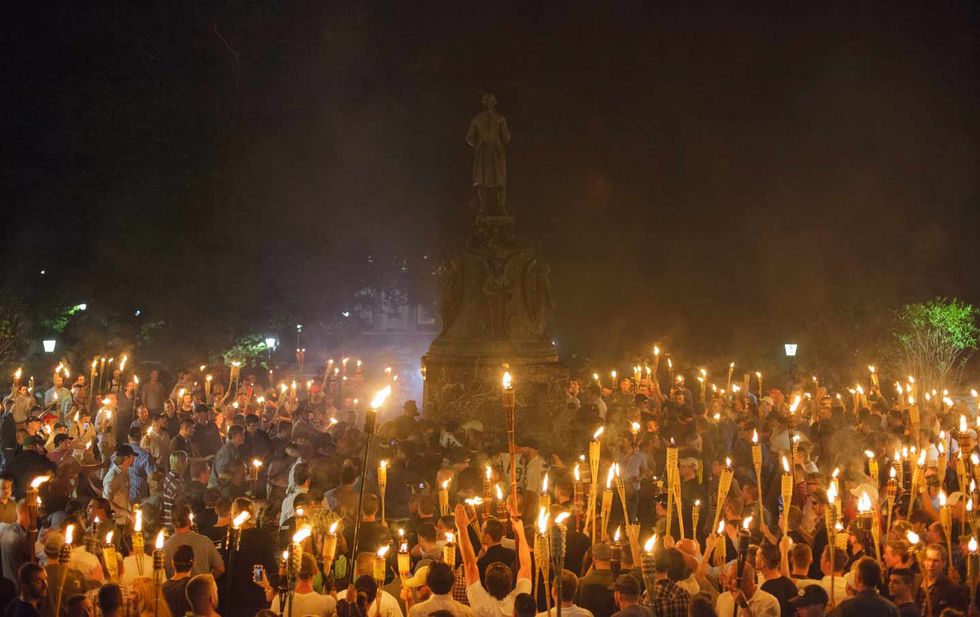To begin writing about a topic as dense as the violence in Charlottesville, Virginia is daunting.
Anything that I write cannot give justice to those who were injured, both physically and emotionally, from these heinous actions that were based solely on bigotry and ignorance.
How do we, as a nation that is seemingly placed on a moral high ground, explain this?
How does a nation, who is so young but so powerful, explain an act of internal terrorism over a fight that had already been fought in the nineteenth century?
The Civil War was a terribly bloody war that put brothers against brothers, losing more Americans than any other war this country has been involved with. How do we explain regression like this? We’ve done this before. We don’t need to do it again.
While delivering the eulogy at the funeral of Rev. Clementa Pinckney, the pastor who was fatally shot among eight congregation members during the Charleston Massacre in June 2015, former President Barack Obama provided insight that is precedent in events like Charlottesville.
He wisely stated that: “History can’t be a sword to justify injustice or a shield against progress. It must be a manual for how to avoid repeating the mistakes of the past, how to break the cycle, a roadway toward a better world.”
In other words, we cannot justify horrible actions of the present just because they are hauntingly similar to actions of the past. It is disturbing how evils of the past are repeated in various ways during the present.
Studying history can show how generations from the past have lived through this before, the theme being the same amongst different points in history. How have we not learned by now that all humans are worthy of respect and dignity, but most importantly, love?
To come to a better understanding of others, we as people of a nation founded upon liberty must spread love by having an open mind to other people and their beliefs.
Obama had expressed that the late Pinckney himself, “…knew that the path of grace involves an open mind. But more importantly, an open heart.”
We must open our hearts to others in order to stop this regression. And this is exactly what Marissa Blair, dear friend of Heather Heyer, the fatality from the violence in Charlottesville, said they are going to do in response to the untimely death of their dear friend. In a statement about Ms. Heyer, Ms. Blair believed that in order to move on from the situation, she has to ask herself, “What would Heather do?’ Upon thinking this, she knows that, “Heather would go harder. So that’s what we’re going to do. We’re going to preach love. We’re going to preach equality, and Heather’s death won’t be in vain.”
You heard it. To help reverse these evils, simply practice preaching equality. Do not let Ms. Heyer die in vain. If Charlottesville can teach our country anything, it is a cry for help and a call for love.









































